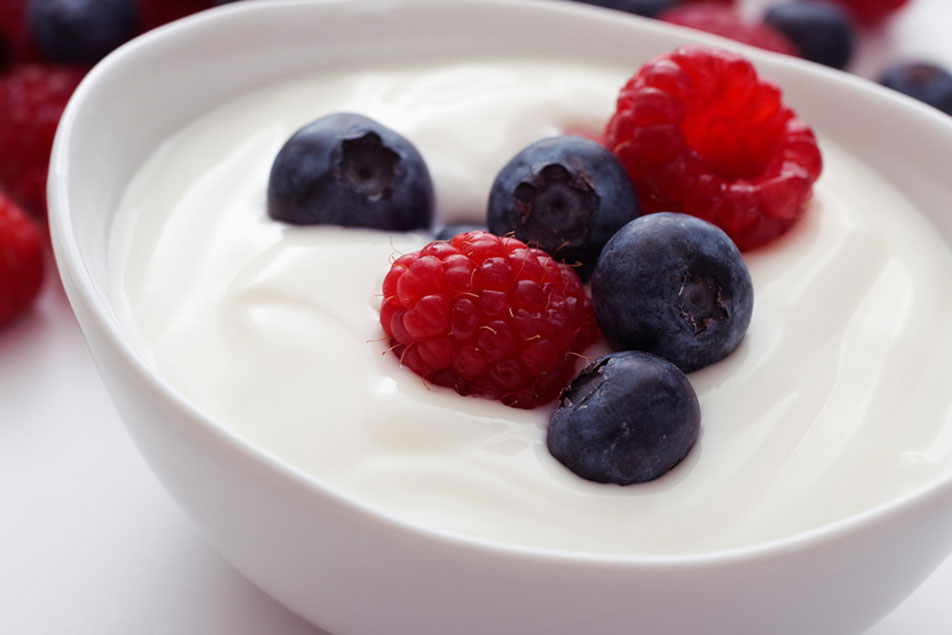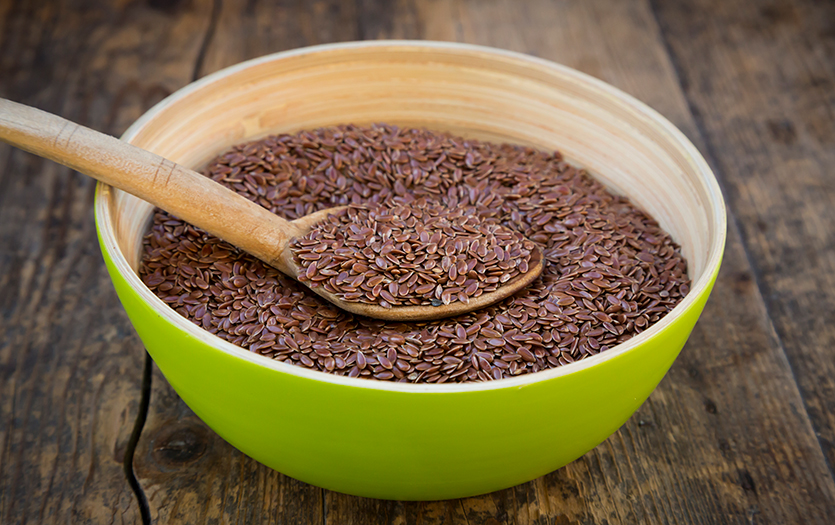With all the literature and quick fix solutions to weight loss out there, it seems silly to think that the secret to success could be … eating. But that’s exactly what Julia Walker, RDN, CDE, CD, certified adult weight management/certified diabetes educator, recommends.
But, not so fast! There are a few conditions …
The most important meal of the day.
We’ve heard for a while now that breakfast is the most important meal of the day. It gives us energy to be productive and take on the day. And when it comes to the statements about breakfast’s relationship to weight loss, the rumors are true.
Science affirms that people who eat breakfast regularly are leaner than those who don’t, and less prone to developing insulin resistance, which leads to type 2 diabetes. Additionally, those who regularly skip breakfast (eat breakfast 2 or less times a week) are 35-50 percent more likely to develop obesity and insulin resistance compared to those who eat breakfast regularly. It boosts metabolism, lowers insulin levels and fires up that calorie-burning energy.
From a dietician’s perspective, sometimes people think skipping a meal is good because it ultimately leads to eating less calories. But skipping meals actually leads to more intense hunger, which leads to eating more calories and fat than you would at a normal, planned meal. This can mean weight gain.
More benefits of breakfast.
Eating breakfast also protects the heart and arteries. Studies have shown that healthy women who skipped breakfast had higher cholesterol and insulin resistance. There are a lot of good things in breakfast foods, like fiber, antioxidants, B vitamins and minerals. First thing in the morning is the perfect time to grab those good nutrients.
Breakfast also gives you a boost in both brain power and energy. You’ve been fasting overnight, so your brain and body need fuel. A good breakfast gets everything going. Skipping is a brain drain. A good meal first thing gives an immediate and steady source of fuel for optimal brain performance.
What to eat.
You want a good protein package, fiber and things that will stay with you for at least 2-3 hours. The average body needs a constant supply of over 42 essential nutrients.
Smart options include:
- Yogurt – Look for something without a lot of sugar, like plain yogurt. And then add berries or a touch of honey to flavor. Greek yogurt is great for protein.
- Peanut butter or an ounce of your favorite nut
- Eggs or egg whites
- Low fat cheese or cottage cheese – Try adding tomato or pear slices
- Fruit or fresh produce – Go for brightly colored options like citrus, kiwi, spinach, red pepper, red onion
- Canadian bacon or ham, in moderation – Be careful of sodium intake and avoid other breakfast meats, which can contain a lot of cholesterol and saturated fat
- Oatmeal or high fiber cereal
- Whole grain toast
- Breakfast bar – Look for bars with less than 9g of sugar and at least 5g of fiber
I’m not hungry for breakfast.
Check your eating habits. Sometimes, if you’ve eaten too much the night before or had a late night snack, that can impact your hunger in the morning. Start by making a lighter dinner, back off the snacking, and move toward a small breakfast. Then build on that. It doesn’t have to be complicated, just start small and build on it.




